EU-China Comprehensive Investment Agreement: What It Means for Businesses
The EU-China Comprehensive Investment Agreement (CAI) is a landmark deal that was signed on December 30, 2020, after seven years of negotiations. The agreement aims to provide European businesses with greater market access to China and create a more level playing field for European investors in the Chinese market. But what exactly does the CAI entail, and how will it impact businesses?
What is the EU-China Comprehensive Investment Agreement?
The CAI is a trade agreement aimed at improving investment conditions for European companies in China. It covers a wide range of issues related to investment, such as market access for EU businesses, fair treatment of EU investors in China, and sustainable development.
The agreement includes provisions that address issues such as forced technology transfer, state-owned enterprises, and subsidies. It also includes a dispute settlement mechanism to help resolve any potential conflicts that may arise.
What are the benefits of the EU-China Comprehensive Investment Agreement?
The CAI is expected to bring significant benefits to both European and Chinese businesses. For European companies, the agreement will provide greater market access to China`s vast and growing consumer market.
The CAI will also create a more level playing field for European investors in China. Up until now, European companies have faced numerous barriers to entry in the Chinese market, such as restrictions on foreign ownership, and discriminatory treatment of foreign investors. The CAI aims to address many of these issues, making it easier for European companies to do business in China.
For Chinese businesses, the CAI will provide greater market access to the European Union, one of the world`s largest markets. This will enable Chinese firms to expand their business operations and access new customers in Europe.
What are the potential drawbacks of the EU-China Comprehensive Investment Agreement?
While the CAI has been hailed as a significant achievement, it has also been met with criticism. Some have raised concerns about the lack of transparency during negotiations and have called for greater public scrutiny of the agreement`s provisions.
Others have criticized the deal for not doing enough to address human rights issues in China. Critics argue that the CAI sends the wrong message to the Chinese government and undermines efforts to promote democracy and human rights in the country.
What does the future hold for the EU-China Comprehensive Investment Agreement?
The CAI still needs to be ratified by the European Parliament, which is expected to take place in 2022. Whether or not the agreement will be ratified remains to be seen.
In the meantime, businesses should stay informed about the potential impacts of the CAI. It is advisable for companies to assess how the agreement may impact their business operations and consider opportunities for expanding into new markets.
The EU-China Comprehensive Investment Agreement represents a significant milestone in the relationship between the European Union and China. While there are still many challenges to overcome, the agreement has the potential to bring about significant benefits for both European and Chinese businesses. As the world becomes increasingly interconnected, it is essential for businesses to stay informed and adapt to changing market conditions.

Commentaires récents